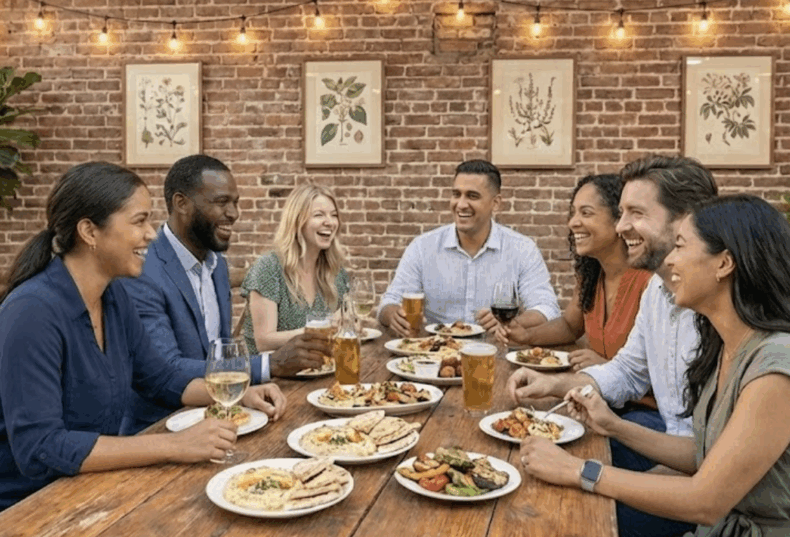All Articles
Dive in. Become a hospitality machine.

How Historic Philadelphia Restaurants Can Stay Relevant and Capitalize on the Event Boom
Philadelphia is a city where history and hospitality intersect—cobblestone streets, landmark buildings, and dining rooms steeped in centuries of stories….
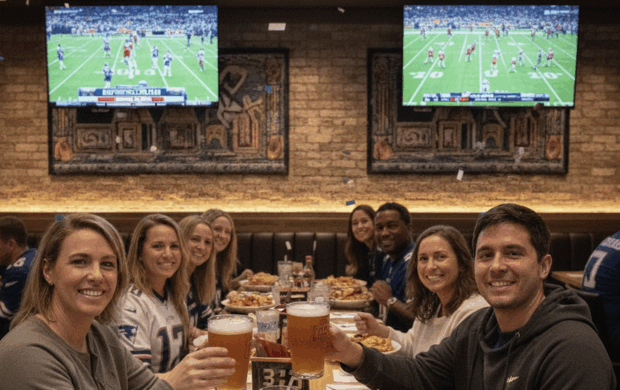
Super Bowl Restaurant Marketing Ideas to Boost Revenue in 2026
The Super Bowl isn’t just a game; it’s one of the highest-grossing days of the year for the hospitality industry…

Money Making Cocktails for Events: Which Drinks Help With Restaurant Profit Margins?
In the world of events, your bar shouldn’t just be a service point—it should be a profit engine. Unlike a…

Tips to Easily Increase Banquet Sales: A Guide for Event Managers
Whether you’re a restaurant owner or an event manager at a boutique hotel, your banquet business is the “heavy lifter”…

ROI for Private Dining and Events: How to Gain Leadership Support
Convincing ownership to invest resources into a new revenue stream requires more than just intuition; it requires a solid business…
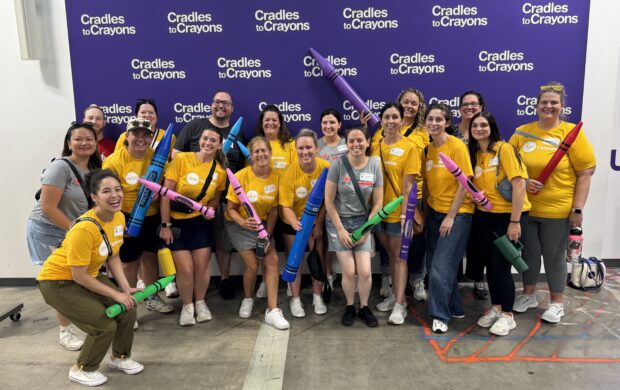
A Year of Impact: How Tripleseat Gave Back in 2025
At Tripleseat, “Taking Care of Our Community” has long been one of our guiding values—but in 2025, we brought that…

Flavor Forward: Exploring the Top Event Menu Trends of 2026
Are you ready to elevate your event planning? As we look toward 2026, the secret to a successful gala, wedding,…
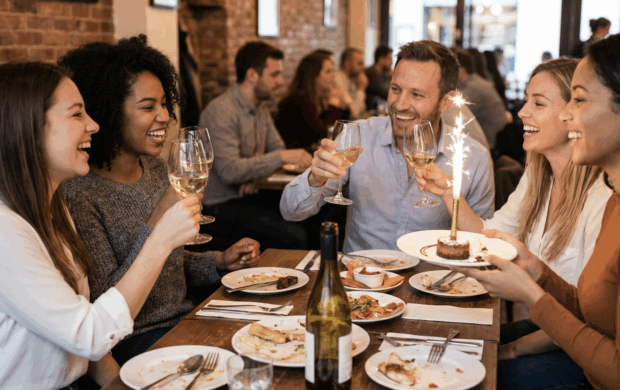
Future-Proofing Your Venue: 2026 Trends in Private Dining and Events
The hospitality landscape is moving faster than ever, and now is the time to leverage trends in private dining and…

12 Proven Ways to Grow Your Craft Brewery Brand & Revenue
Key Takeaways: Budget: Aim for 7-8% of gross revenue for maintenance; 10-20% for growth. Social Media: Move beyond “beer can…

Sustainable Hotel Event Planning: A Checklist for Eco-Friendly Meetings
Let’s face it: the events industry has a massive footprint, making a Sustainable Hotel Event Planning Checklist essential for any…

Stop Juggling, Start Closing: How to Transform Your Hotel Event Sales Strategy
Hotel event sales teams are under pressure. You are expected to balance a deluge of incoming RFPs, complex proposal creation,…
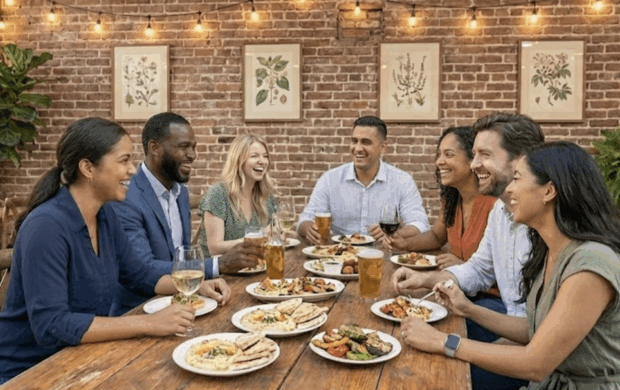
5 Expert-Backed Ways Restaurants Can Boost Event Bookings in 2026
Private events have always been one of the strongest revenue drivers for restaurants, but as operators look ahead to 2026,…
Get the Latest from Tripleseat
Follow the Tripleseat blog to get the latest news, trends, and insights all about what you love – hospitality and events!
